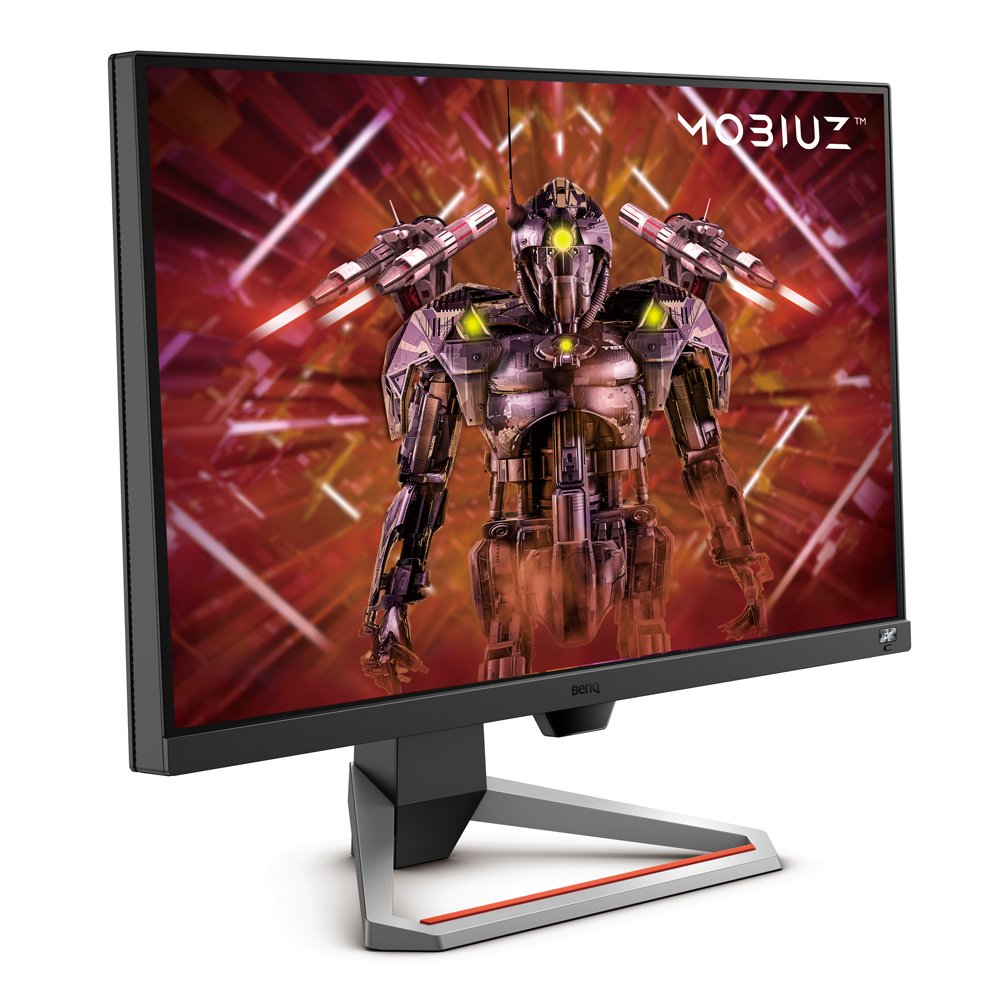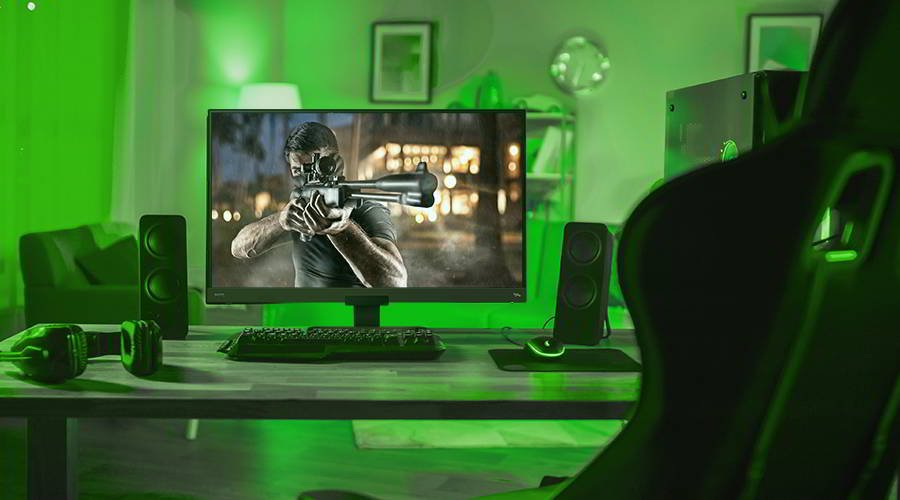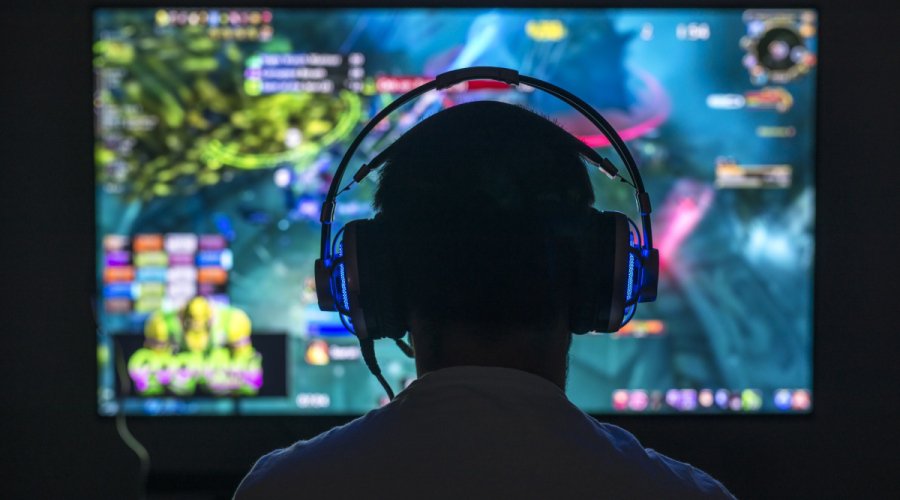Projectoren
Monitoren
Verlichting
Interactieve Displays | Signage
Werken & leren op afstand
Store
BenQ Nederland respecteert uw privacy. Wij gebruiken cookies en soortgelijke technologieën om ervoor te zorgen dat u de beste ervaring krijgt wanneer u onze website bezoekt. U kunt deze cookies accepteren door te klikken op "Cookies accepteren", of klik op "Alleen noodzakelijke cookies" om alle niet-essentiële technologieën te weigeren. U kunt uw cookie-instellingen te allen tijde aanpassen. Bezoek voor meer informatie ons Cookiebeleid en Privacybeleid.
Sommige essentiële toepassingen op de BenQ-sites werken gewoon niet zonder cookies. En als andere cookies gedeactiveerd zijn, kan dat van aanzienlijke invloed zijn op de manier waarop u van onze services gebruik kunt maken.
Controleer uw onderstaande cookie-instellingen en activeer degene die u het best van pas komen.
“Strikt noodzakelijke” cookies kunnen niet worden gedeactiveerd, maar functionele cookies en prestatiecookies kunt u hieronder deactiveren. Meer informatie over cookies en wat ze doen vindt u op onze andere pagina's.
Als u ervoor heeft gekozen cookies van derden in uw browser te blokkeren, worden uw voorkeursinstellingen voor cookies niet doorgegeven van benq.eu aan benq.xx en vice versa. Zorg ervoor uw voorkeuren voor cookies op beide plaatsen in te stellen.
On
Deze cookies zijn essentieel voor navigeren op de website en gebruik van de toepassingen. Zonder deze cookies kunnen bepaalde services waarom u heeft gevraagd niet worden geleverd.
On
Off
Deze cookies stellen de website in staat de door u gemaakte keuzes te onthouden. De site functioneert zo beter en kan aan u persoonlijk worden aangepast.
On
Off
Deze cookies helpen de prestaties van BenQ te verbeteren. Als u advertentiecookies wilt weigeren, deactiveer dan de prestatiecookies.
BenQ Nederland respecteert uw privacy. Wij gebruiken cookies en soortgelijke technologieën om ervoor te zorgen dat u de beste ervaring krijgt wanneer u onze website bezoekt. U kunt deze cookies accepteren door te klikken op "Cookies accepteren", of klik op "Alleen noodzakelijke cookies" om alle niet-essentiële technologieën te weigeren. U kunt uw cookie-instellingen te allen tijde aanpassen. Bezoek voor meer informatie ons Cookiebeleid en Privacybeleid.
Duik in de feestelijke sfeer met onze lopende Eindejaars-aanbiedingen in de BenQ Store!
Bekijk al onze Eindejaars-aanbiedingen hierProjectoren
Monitoren
Verlichting
Interactieve Displays | Signage
Werken & leren op afstand
Store
Projectoren
Monitoren
Verlichting
Interactieve Displays | Signage
Werken & leren op afstand
Store
BenQ gaming monitors improve your experiences with a host of smart technologies. Among them are Light Tuner and Black eQualizer, which optimize image balance and prevent the loss of vital details.

If you’re interested in quality gaming monitors for PC and consoles, you’re likely aware that brightness and contrast remain sometimes thorny issues. With game graphics, it’s often hard to find a balance between light and dark. That’s why literally every game, from the biggest PC mega-technical release through mainstream console titles to mobile ports – well, they all have a gamma or brightness setting within the game. That’s because there’s frequently a disconnect between what the monitor provides and the internal settings of the game as determined by developers. Light Tuner and Black eQualizer aim to remedy any such disconnect.
Too bright or too dark video means overexposed, washed out images or a major loss of detail. Basic brightness or gamma adjustments within the game may help, but rarely provide a consistent fix. That’s where your smart gaming monitor steps in. Advanced technology offers reactive algorithms that constantly scan image input and correct overly darkened or extremely bright areas of the screen and balance them to prevent detail loss, crushed blacks, and overexposure. Theoretically, one all-encompassing function could cover all of that, but BenQ engineers find that having dedicated routines for contrast and brightness works far better, while incurring essentially no added delay or latency.
Light Tuner and Black eQualizer function very similarly to modern anti-aliasing and anisotropic filtering in that they always look at screen output and kick in whenever their logic determines an adjustment needs to be made. Of course, you can always turn them off in the OSD if you prefer your display “as is”. If an image doesn’t outwardly call for correction, both functions will hold off. Also, both have degrees of intervention rather than just one setting, so they’ll modify an image intelligently instead of providing a one fits all approach.
Light Tuner has a whopping twenty levels of intensity for you to select from. The core logic here is looking at areas that should be bright but are too dark, and therefore suffer from obscured detail. Best suited to slower-paced, exploration-heavy titles like Shadow of the Tomb Raider or Maid of Sker, Light Tuner automatically brightens up sections of the screen where incorrect gamma causes details to disappear. If you enjoy exploratory titles then that could prove very helpful, because we all know what happens when important details hide unintentionally in the murky corners of a screen.
Thus, Light Tuner is true to its name in that it observes in-game illumination and decides how much detail to uncover by brightening up areas that were supposed to be bright but somehow became rendered as overly dark. The twenty levels give you flexibility to decide just how “aggressive” Light Tuner acts. It could mean the difference between thinking your friendly parcel carrier has no pockets and realizing he actually has dozens of them.

Black eQualizer’s logic also reflects its naming. Here we have a technology that looks at areas of the screen that are meant to be dark, but turn out overly darkened when finally rendered. In a sense, this is the opposite of Light Tuner, but the net result is similar. Light Tuner reclaims details from improperly depicted bright areas, while Black eQualizer does essentially the same for incorrectly shown dark sections.
While Light Tuner works best in story-rich games, Black eQualizer hails from an esports lineage and is therefore most suited to high speed first person actioners like Call of Duty or intense survival shooters such as Escape from Tarkov. The primary benefit of Black eQualizer is spotting opponents and dangers hidden by crushed black levels or overly dark rendering. Importantly, Black eQualizer adjusts these areas to their correct values without disturbing the overall contrast of the display, so that while dark areas brighten up and feature more detail, bright areas don’t suffer from overexposure. This isn’t simple all-screen gamma adjustment. Both Light Tuner and Black eQualizer address specific areas of the screen, while leaving other sections untouched.
We hope this helps explain Light Tuner and Black eQualizer, two of the technologies you’ll find on BenQ gaming monitors. There’s more, for example Color Vibrance to highlight moving objects and characters against solid backgrounds, but we can get into that in a later article!
Thanks for your feedback!
Schrijf je in voor de Nieuwsbrief
Blijf op de hoogte van productlanceringen, nieuws en exclusieve voordelen.
Schrijf je in!
